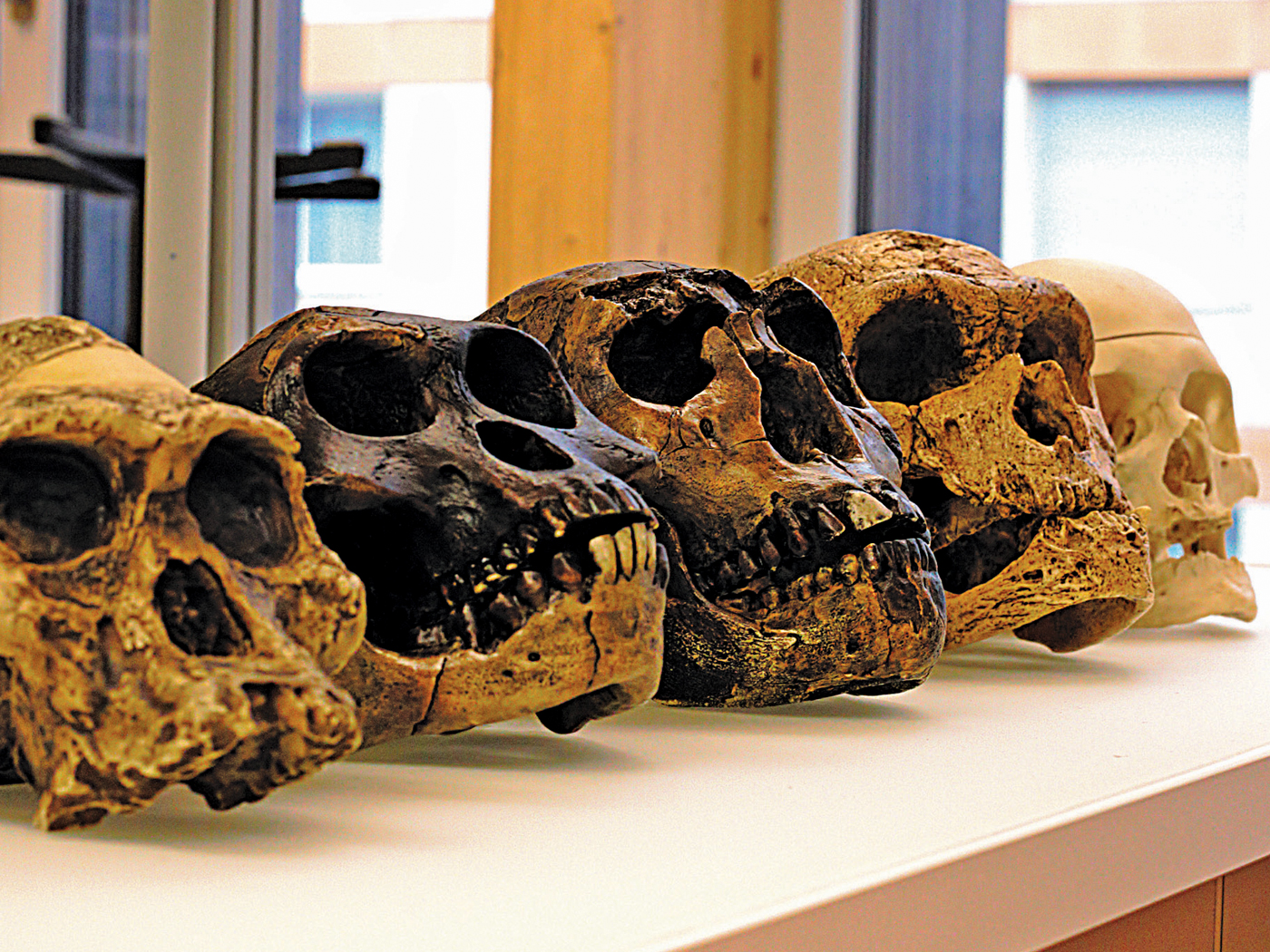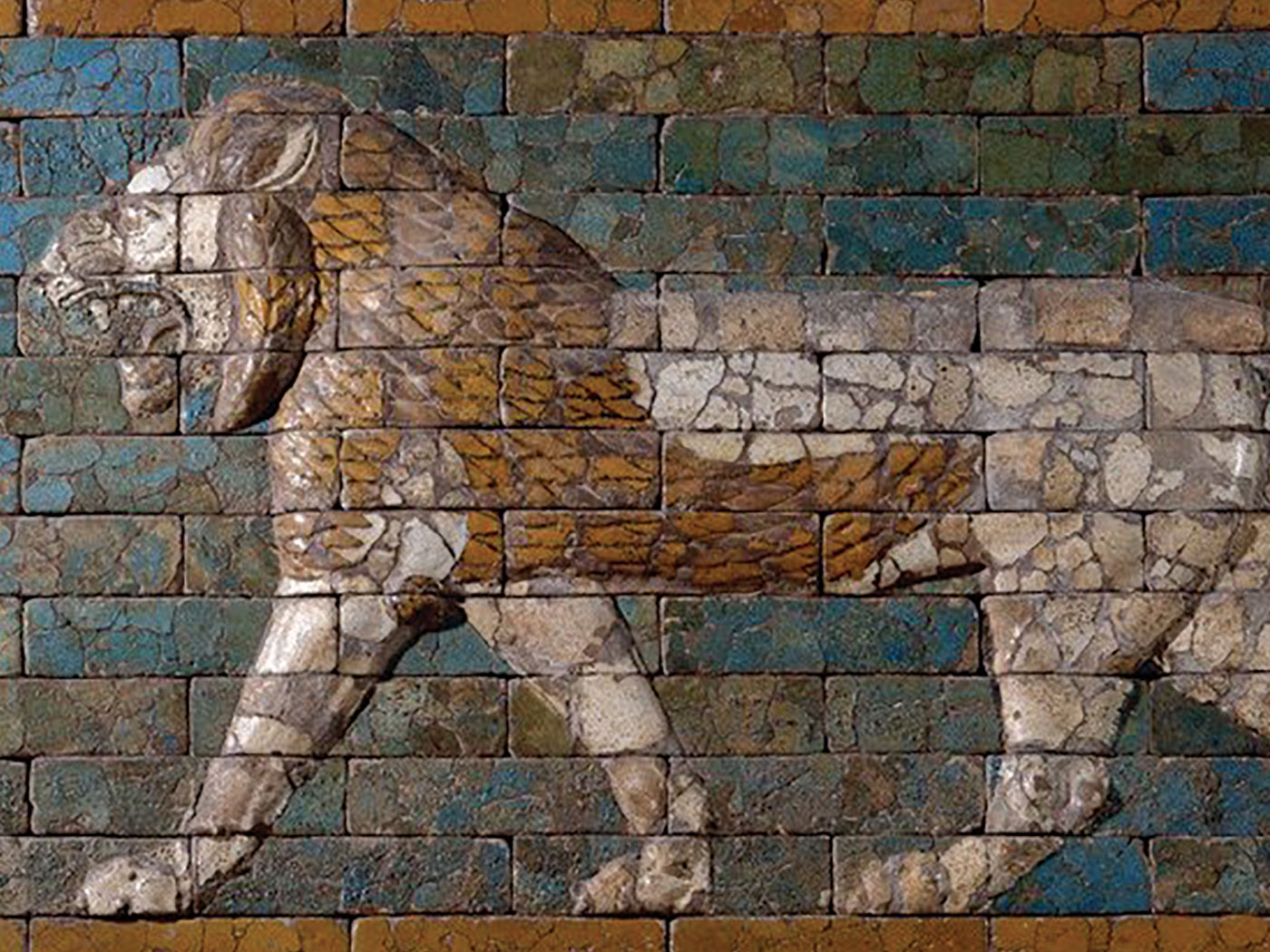Search Tools
New Defender's Study Bible Notes
3:1 Pontius Pilate. The historicity of the names and positions of the men named in Luke 3:1-2 has been well confirmed by Josephus and other extra-Biblical sources.
3:2 came unto John. This call to John the Baptist came about sixteen to eighteen years after the events associated with the previous verses. Tiberius had succeeded Augustus as emperor (Luke 3:1) and continued in power through all the rest of the events described in the four gospels. In showing that John’s ministry was in fulfillment of prophecy, Luke quotes (in Luke 3:4-5) more of Isaiah’s prophecy (Isaiah 40:3-4) than any of the other three writers, though all refer to it. John was obviously a preacher with great courage (Luke 3:7-14), no matter who was present.
3:8 of these stones. Life is altogether a miracle, inexplicable by any naturalistic process. God, who created life in the beginning (“every living creature”—Genesis 1:21) would be well able, if He should choose to do so, to transmute stones into human beings. With God all things are possible that are consistent with His own nature.
3:23 son of Heli. Joseph was clearly the son of Jacob (Matthew 1:16), so this verse should be understood to mean “son-in-law of Heli.” Thus the genealogy of Christ in Luke is actually the genealogy of Mary, while Matthew gives that of Joseph. Actually the word “son” is not in the original, so it would be legitimate to supply either “son” or “son-in-law” in this context. Since Matthew and Luke clearly record much common material, it is certain that neither one could unknowingly incorporate such a flagrant apparent mistake as the wrong genealogy in his record. As it is, however, the two genealogies show that both parents were descendants of David—Joseph through Solomon (Matthew 1:7-15), thus inheriting the legal right to the throne of David, and Mary through Nathan (Luke 3:23-31), her line thus carrying the seed of David, since Solomon’s line had been refused the throne because of Jechoniah’s sin (see note on Jeremiah 22:24-30 and 33:15-17).
3:38 son of God. Adam, like the angels (e.g., Job 1:6), is called a son of God, for the obvious reason that he (like they) was created, not born.








